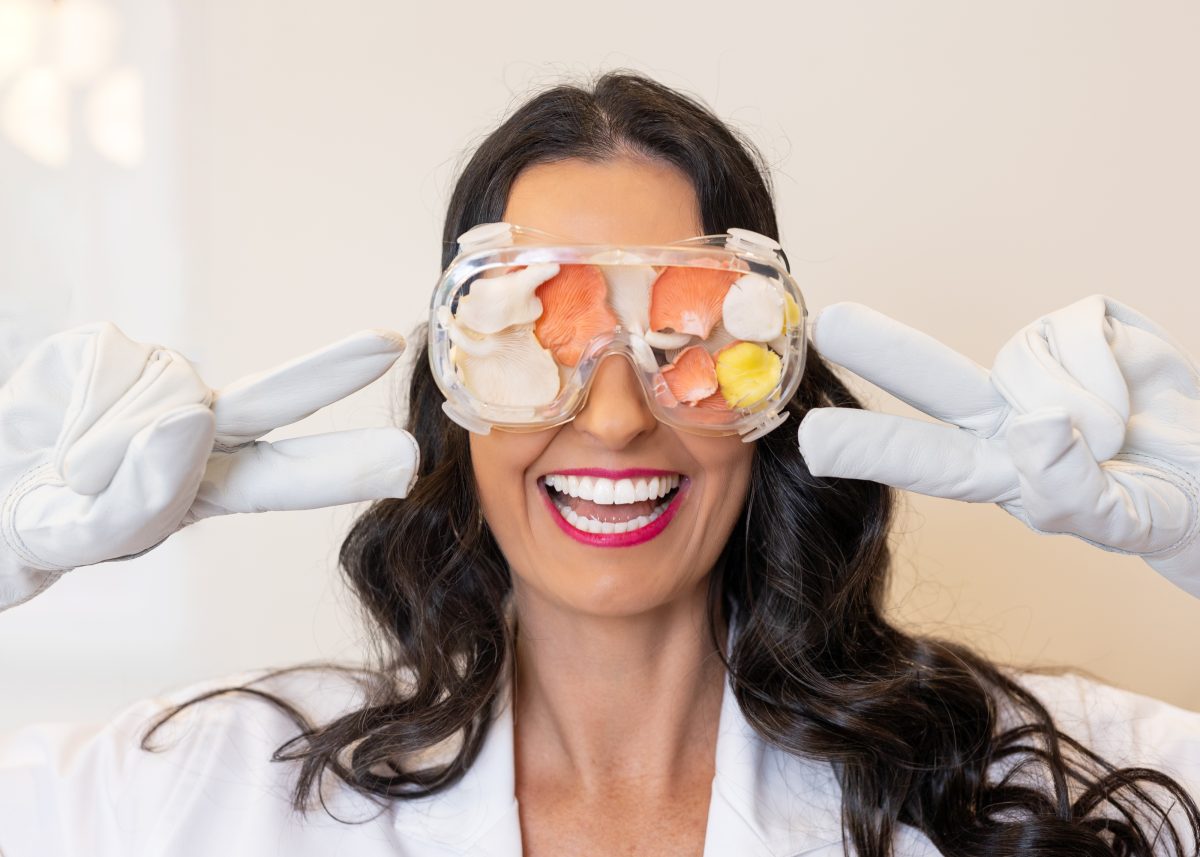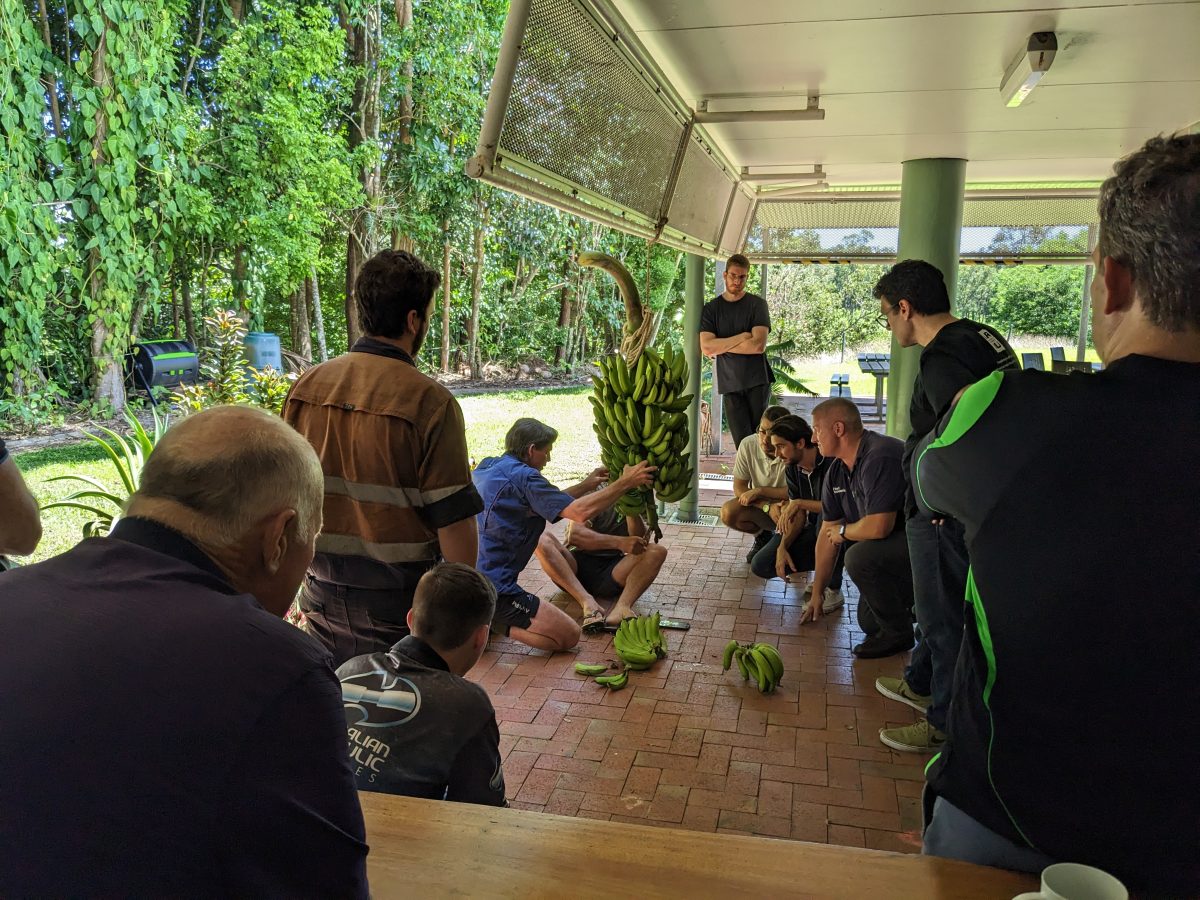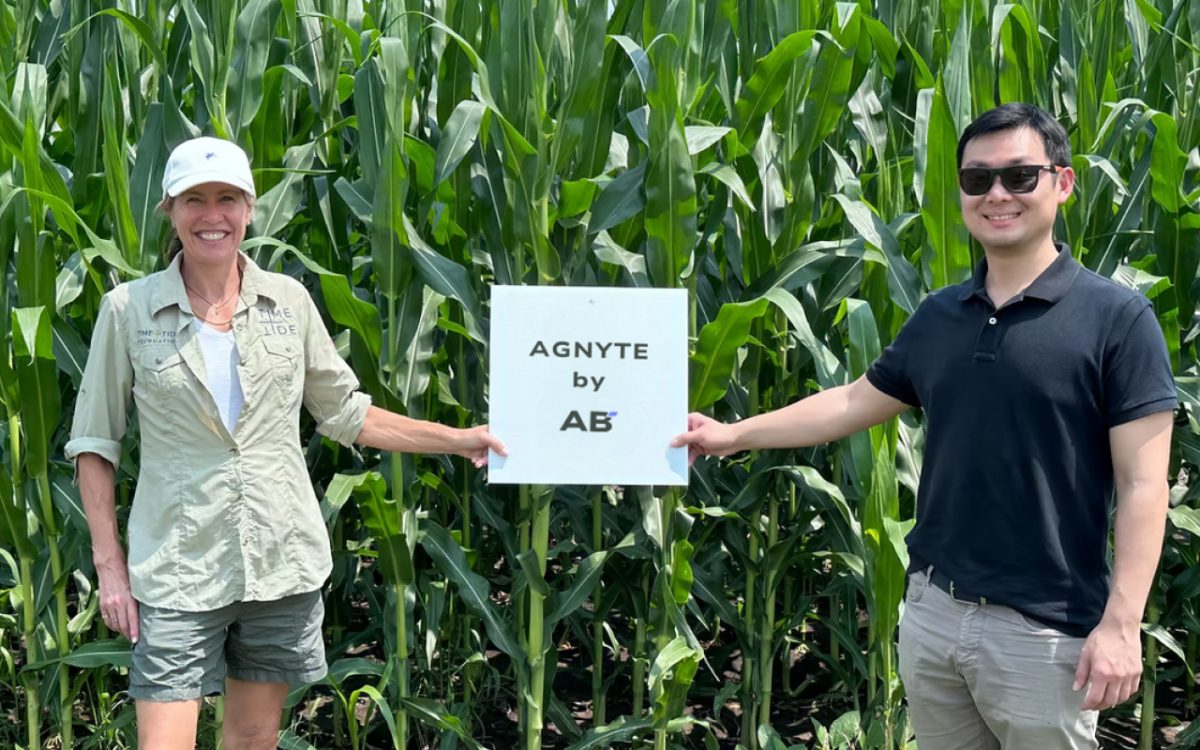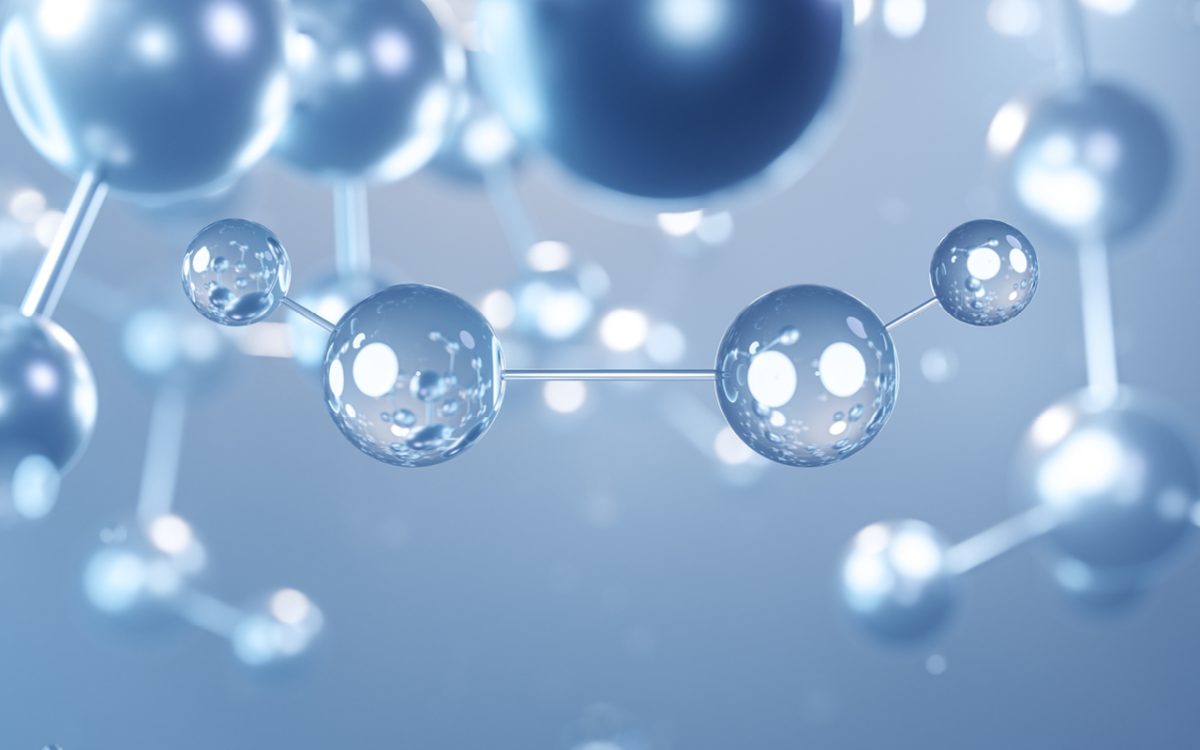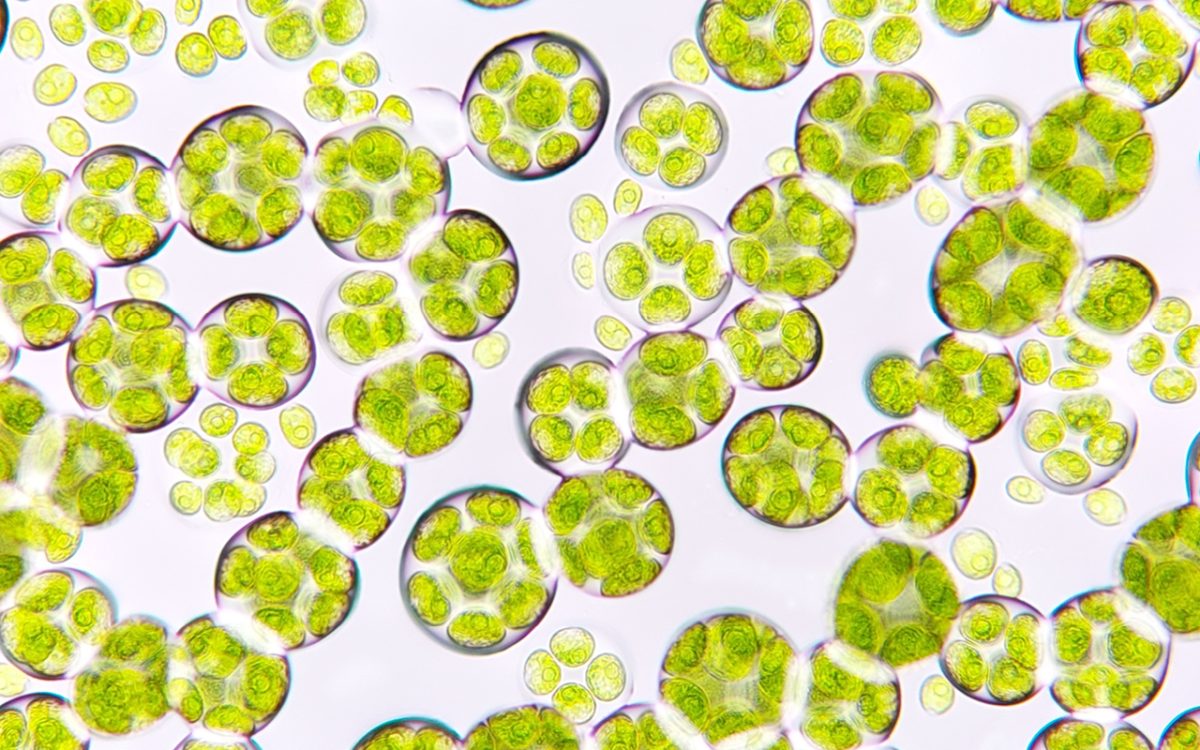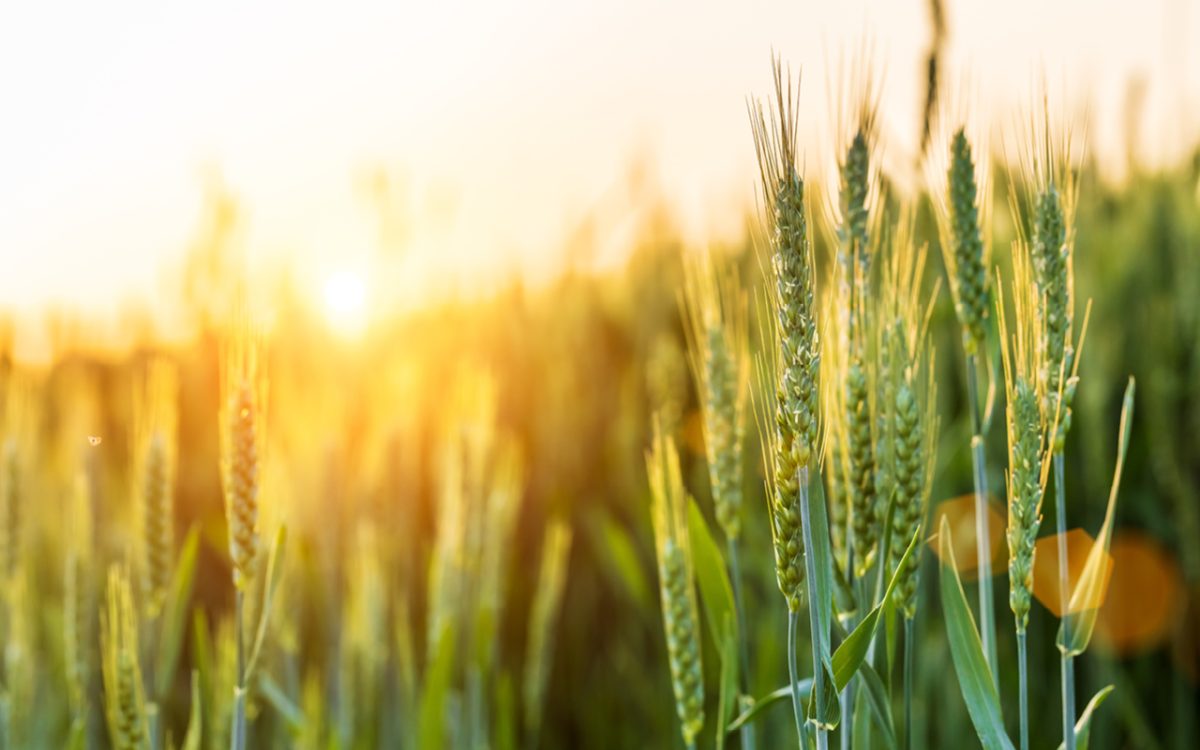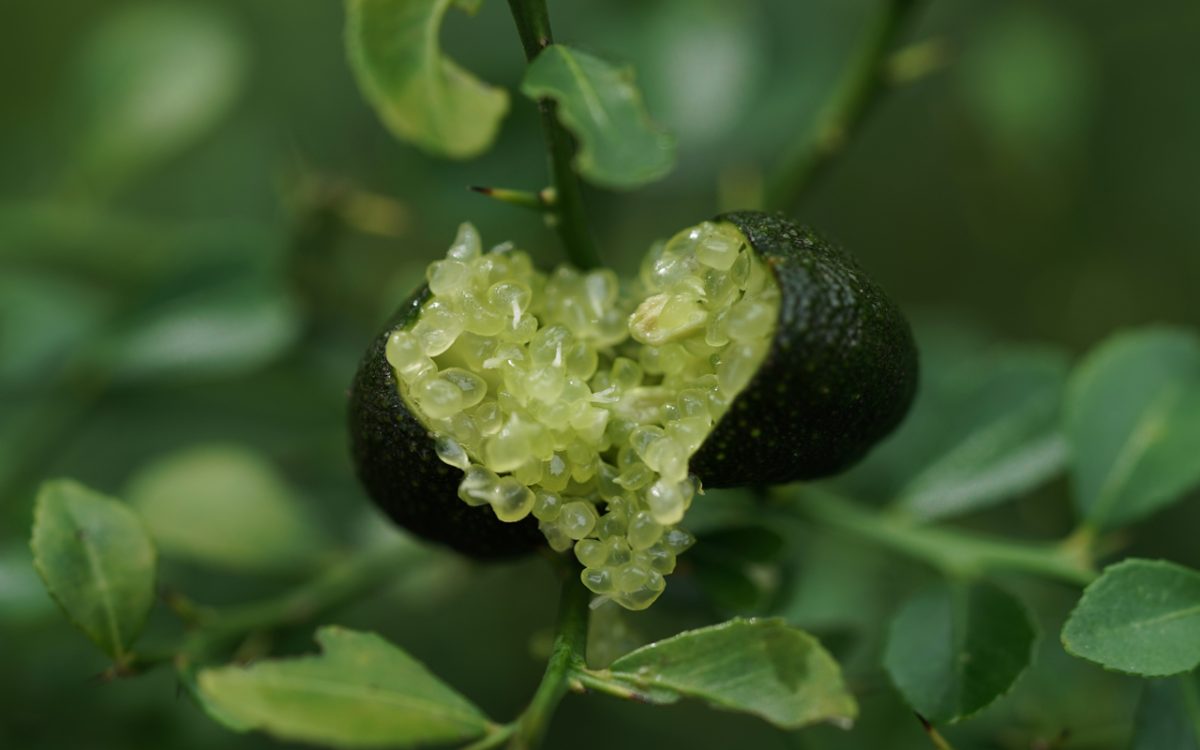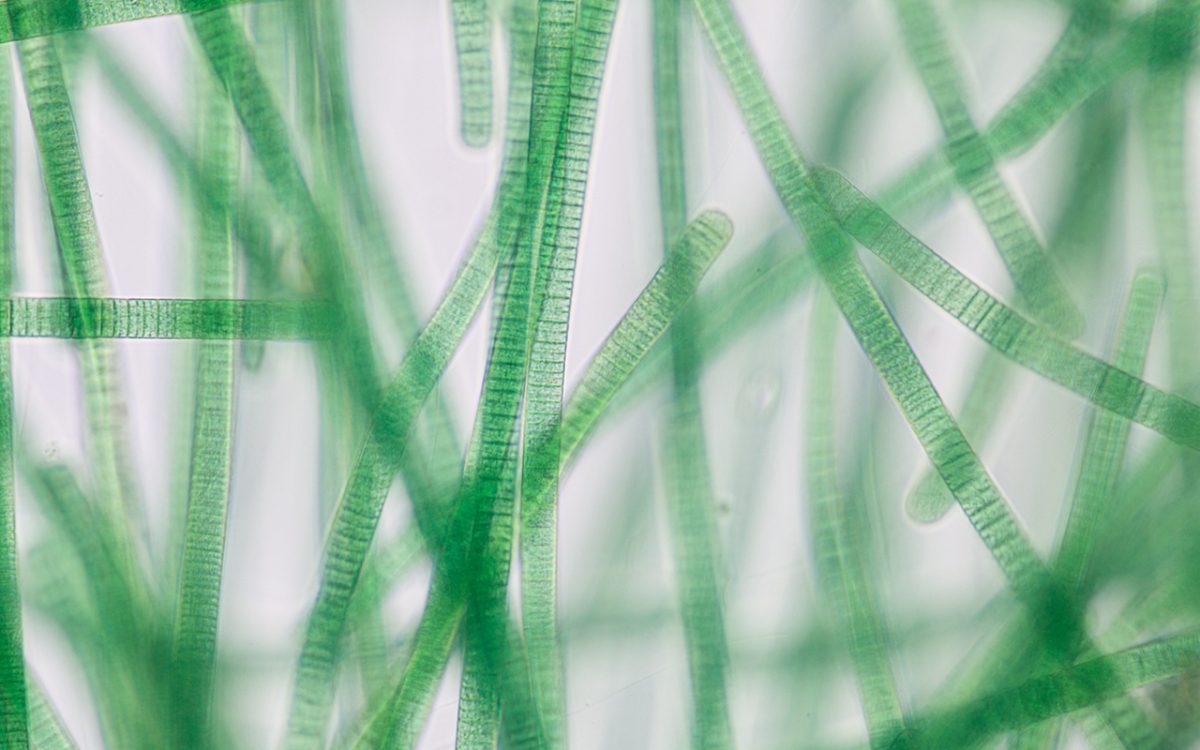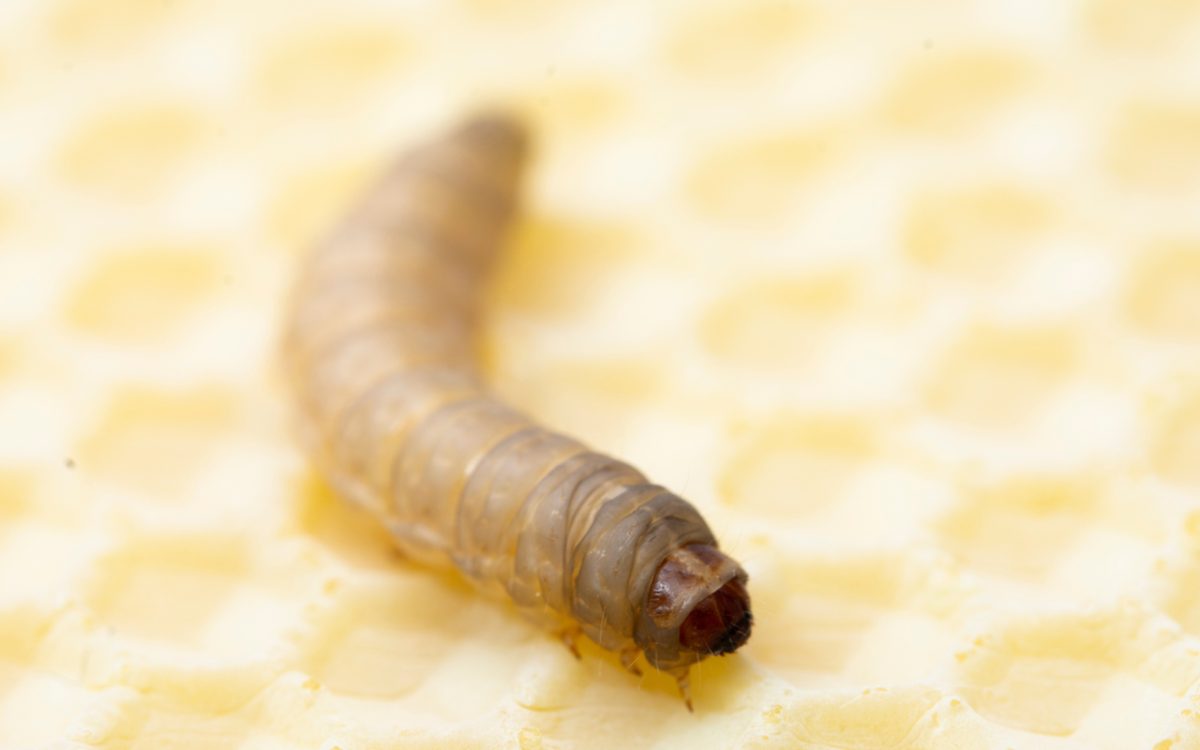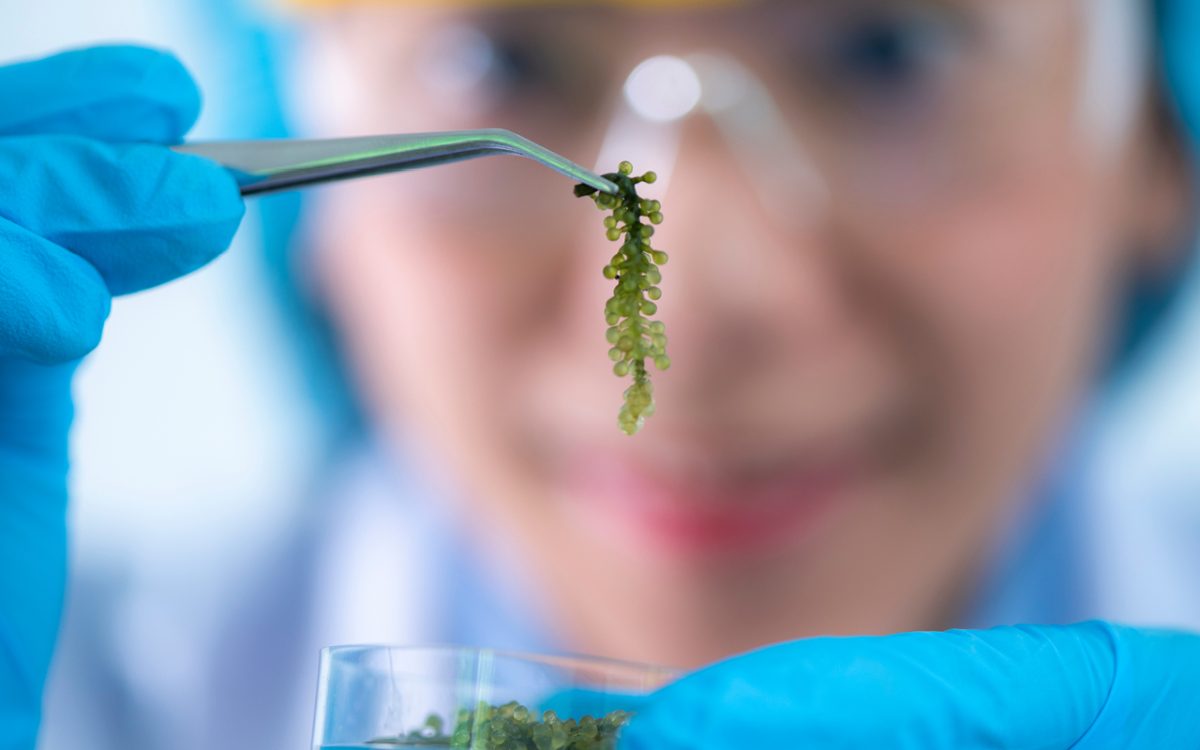Research Projects
P3-040
In ProgressNovel biodegradable additive for enhancing the performance of biological crop protection products
The project involves combining specialised knowledge from UNSW in the area of synthetic biology and material chemistry to develop advanced manufacturing platform to produce a novel, biodegradable adhesion and encapsulation agent, micro-fibrillated cellulose (MFC) for application to biological products.
P3-040
EcoPeroxy develops an on-site electrolysis unit for decentralised, on-demand hydrogen peroxide production, targeting applications such as irrigation water treatment, food sanitation, and equipment disinfection. This approach eliminates the need for bulk chemical purchases, storage, and transportation, addressing the safety and logistical challenges of the conventional production–transport–dilution model. By enhancing supply chain resilience, reducing harmful chemical use, lowering environmental impact, and increasing crop yields, this project contributes to the future of safer, cleaner, and more sustainable farming, particularly for high-tech controlled-environment production.
P3-038
P3-037
In ProgressInnovative microalgal bioplastics and protein recovery: paving the way for sustainable solutions
This project aims to transform wastewater – derived microalgal biomass, specifically, anaerobic digestate abattoir effluent, into valuable products, like soluble proteins and bioplastics, that can be used in food packaging and animal and human feed, respectively. Thus, offering a path towards a circular bioeconomy. The overarching goal of this microalgal biorefinery approach is to maximise waste-to-profit and foster a circular bioeconomy.
P3-037
This research will screen diverse wheat varieties to identify tolerant germplasms with superior wheat lipids. This will guide breeders on the right germplasm for their breeding programs with significant end-use quality for the food industry and increase scientific knowledge of heat-tolerant germplasm.
P2-045
This PhD project investigates how rice genotypes vary in their capacity to acclimate photosynthetic and respiratory functions under heat stress, and whether these responses are modified by the availability of N and P. The study combines controlled environment trials at the University of New England (UNE) Australia, field experimentation at the Alliance of Bioversity International and the International Center for Tropical Agriculture (CIAT) Columbia, and simulation modelling using ORYZA software at the International Rice Research Institute (IRRI) Philippines. This integrative approach enables both empirical and predictive assessments of heat stress responses across a range of nutrient regimes.
P2-044
P1-045
In ProgressEnhancing resilience and efficiency in Australia’s supply chains through optimisation and smart logistics
This project focuses on enhancing the food distribution system within the Western Sydney Agribusiness Precinct by leveraging infrastructure investments, digital technologies, and sustainability-focused policies. Through the analysis of best practices and the development of data-driven forecasting models, the research addresses knowledge gaps in logistics planning and transport optimisation. The study incorporates advanced tools for AI-driven logistics and climate-smart agricultural practices, with the goal of reducing bottlenecks and improving supply chain responsiveness.
P1-045
This project integrates high-throughput phenotyping, machine learning, and molecular biology to develop a non-invasive method for predicting Tcrit and investigating the regulatory mechanisms underlying its acclimation. The goal is to identify genotypic variation and physiological traits linked to PSII resilience and to enable rapid, scalable selection of heat-tolerant genotypes across both horticultural and broad-acre crops.
P2-043
This project is developing a CRISPR-Cas12a-based molecular diagnostic tool, integrated with a lateral flow assay (LFA) for visual detection. Designed for field deployment, the system allows rapid, sensitive identification of Diaporthe citri infections directly in orchard conditions. With results available in approximately 60 minutes, this approach enables real-time disease surveillance and early intervention.
P2-042
P3-035
In ProgressCultivation of newly isolated cyanobacterium for high-value functional food and sustainable food packaging materials
This project aims to optimise biomass cultivation conditions to maximise the co-production of phycocyanin and bioplastic precursors. By refining parameters such as nutrient supply, light intensity, and cultivation systems, the research seeks to enhance yield and efficiency, enabling scalable production of both high-value pigment and biodegradable materials.
P3-035
This project explores the potential for certain insects to process plastic waste into valuable food and feed resources. First, controlled environmental conditions are applied to extend the larval stage, enhancing survivability and plastic consumption capacity. Next, the larvae are tested for their preference and efficiency in consuming different types of plastics, including common single-use materials. Finally, their ability to convert plastic waste into usable by-products, such as nutrient-rich alternative feed for animals, is evaluated. Nutrient composition and safety are assessed through biochemical analyses of amino acids, fatty acids, and potential toxicity.
P3-034
P3-033
In ProgressEnhancing sustainable food production: Salinity adaptation in halotolerant diatom for agrifood
This PhD project investigates the photosynthetic response of halotolerant diatoms to varying salinity levels. By analysing how these organisms adapt to salinity stress, the study aims to inform optimal cultivation strategies that maintain high photosynthetic performance and stable production yields in industrial settings.


